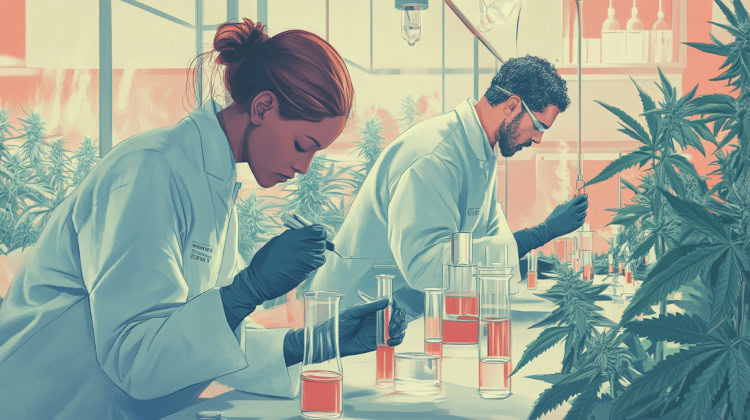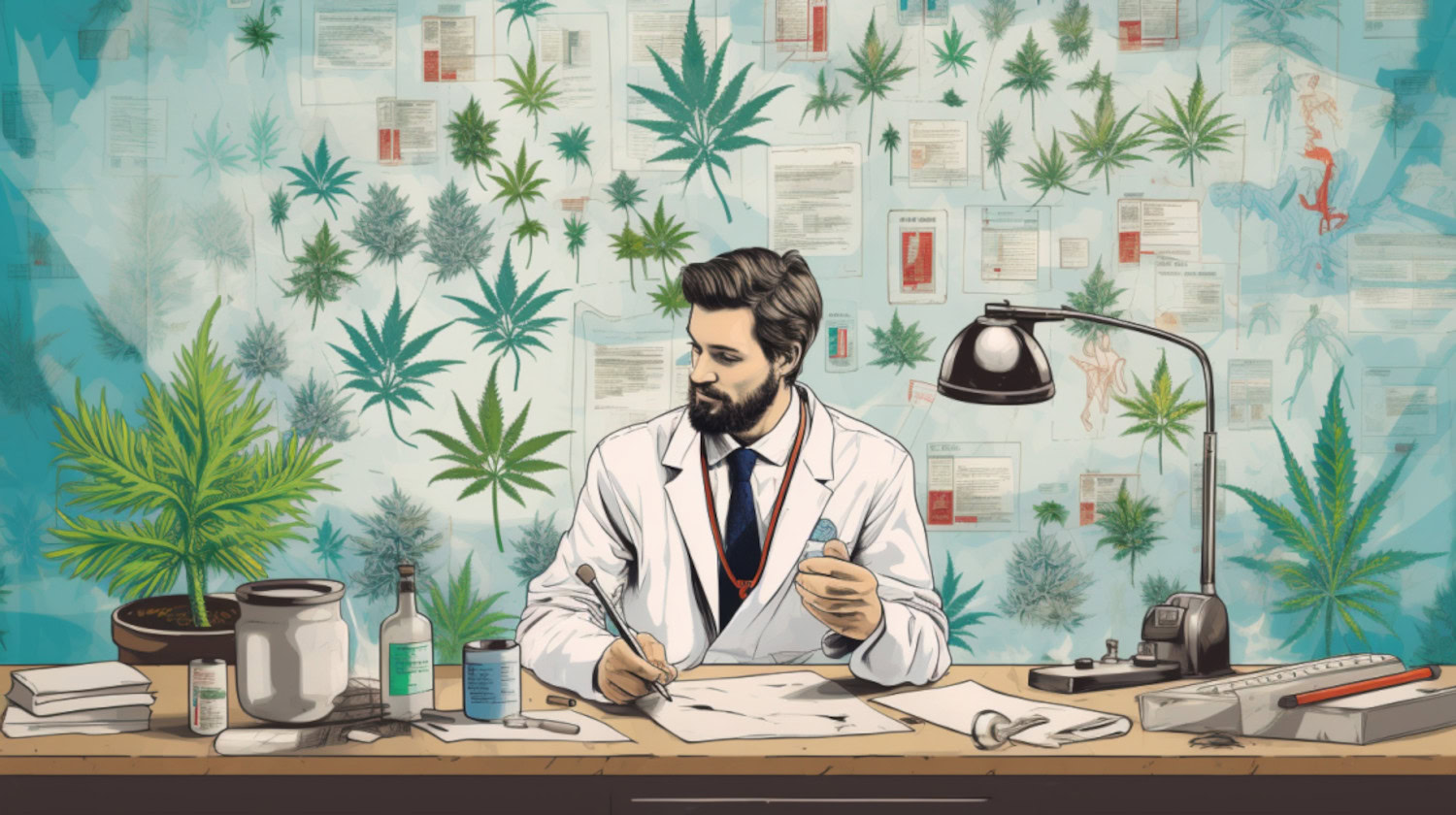In This Article
A recent review of existing scientific research has found that there is “accumulating” evidence that cannabidiol (CBD) “has antidepressant properties in humans and animals with few side effects.” The review also found that the cannabinoid may help reduce inflammation and encourage the formation of new brain cells.
“In summary,” the authors wrote, “there is growing evidence that CBD may be a promising candidate for the treatment of depression.”
The review, which was recently published by the International Journal of Neuropsychopharmacology, notes that the antidepressant effects of CBD have been reported by previous research. The mechanism behind these effects, however, is not yet understood.
“Therefore, this paper reviews the molecular targets, pharmacokinetics, and safety of CBD,” the authors of the review wrote.
The scientific review was conducted by researchers at the departments of pharmacology at Nantong University, the First People’s Hospital of Yancheng, and the Jiangyin Hospital of Traditional Chinese Medicine, all in Jiangsu, China. The researchers examined published papers investigating clinical and experimental studies of CBD and concluded that the cannabinoid’s effects appear to be related to its ability to reduce inflammation and encourage the creation of new brain cells in a process known as neurogenesis.
The researchers wrote that cannabidiol targets multiple sites in the human body, noting that the “receptor mechanisms underlying CBD’s effects are very complex and involve in multiple receptors including CB1, CB2, GPR55, 5-HT1A, and PPARγ receptors.”
Review Finds CBD Is ‘Remarkably Safe’
The authors of the review called for continued study on the side effects and potential risks of CBD, particularly when used over extended time periods. They acknowledged, however, that “several high quality systematic reviews and meta-analyses of CBD safety have been conducted recently and generally conclude that CBD has a remarkably safe profile.”
“Minor side effects are reported,” the authors wrote. “For example, after excluding trials in childhood epilepsy, the only adverse outcome associated with CBD treatment was diarrhea.”
The researchers noted, however, that the therapeutic use of CBD is still limited by some of the compound’s physical characteristics, including the cannabinoid’s “high hydrophobicity and very low water solubility.”
“CBD has also shown exceptionally low oral-gastrointestinal (oral-GI) bioavailability,” the report adds. “Furthermore, single acute doses of CBD cause an inverted U-shaped dose-response pattern in human subjects subjected to an experimental model of anxiety, making the therapeutic window of CBD narrow.”
The researchers also called for further research on proper dosing and administration of CBD, including preclinical studies and clinical trials. They noted that the cannabinoid’s potential to treat depression should also be investigated, noting that common therapies used to treat the condition have not shown efficacy for all patients.
“Psychological therapies are effective in treating most patients with mild to moderate depression,” they wrote, “while only a small proportion of patients with a diagnosis of major depressive disorder (MDD) are referred to mental health services and require pharmacotherapy.”
The researchers reported that among people with depression who require treatment with pharmaceuticals, “it is estimated that 10-30% of patients are refractory to standard interventions, even after treatment with multiple medications.”
The review notes that ketamine, which the authors characterized as “an emerging treatment option due to its rapid onset and robust antidepressant effects,” carries the risk of “several adverse effects, including psychiatric, psychotomimetic, cardiovascular, neurological, and other side effects.”
They added that other therapies, including electroconvulsive therapy, “may cause cognitive impairment, delirium, musculoskeletal pain/injury, and anaesthesia-related complications, which limits its use,” they added. “Therefore, the development of novel and effective treatments for depression is very urgent and important.”
The researchers also note that cannabis has been used therapeutically for “many centuries to treat a wide variety of ailments including appetite, anxiety, depression, sleep and migraine,” and the accumulating research on CBD comes as “natural products and their biological activities with minimal or no side effects have gained widespread attention as therapeutic alternatives.”
Find out if you can get CBD for depression in your state. And sign up for NuggMD's Weekly Sesh newsletter for the latest cannabis news, consumer tips, and recommendations.
The information in this article and any included images or charts are for educational purposes only. This information is neither a substitute for, nor does it replace, professional legal advice or medical advice, diagnosis, or treatment. If you have any concerns or questions about laws, regulations, or your health, you should always consult with an attorney, physician or other licensed professional.




